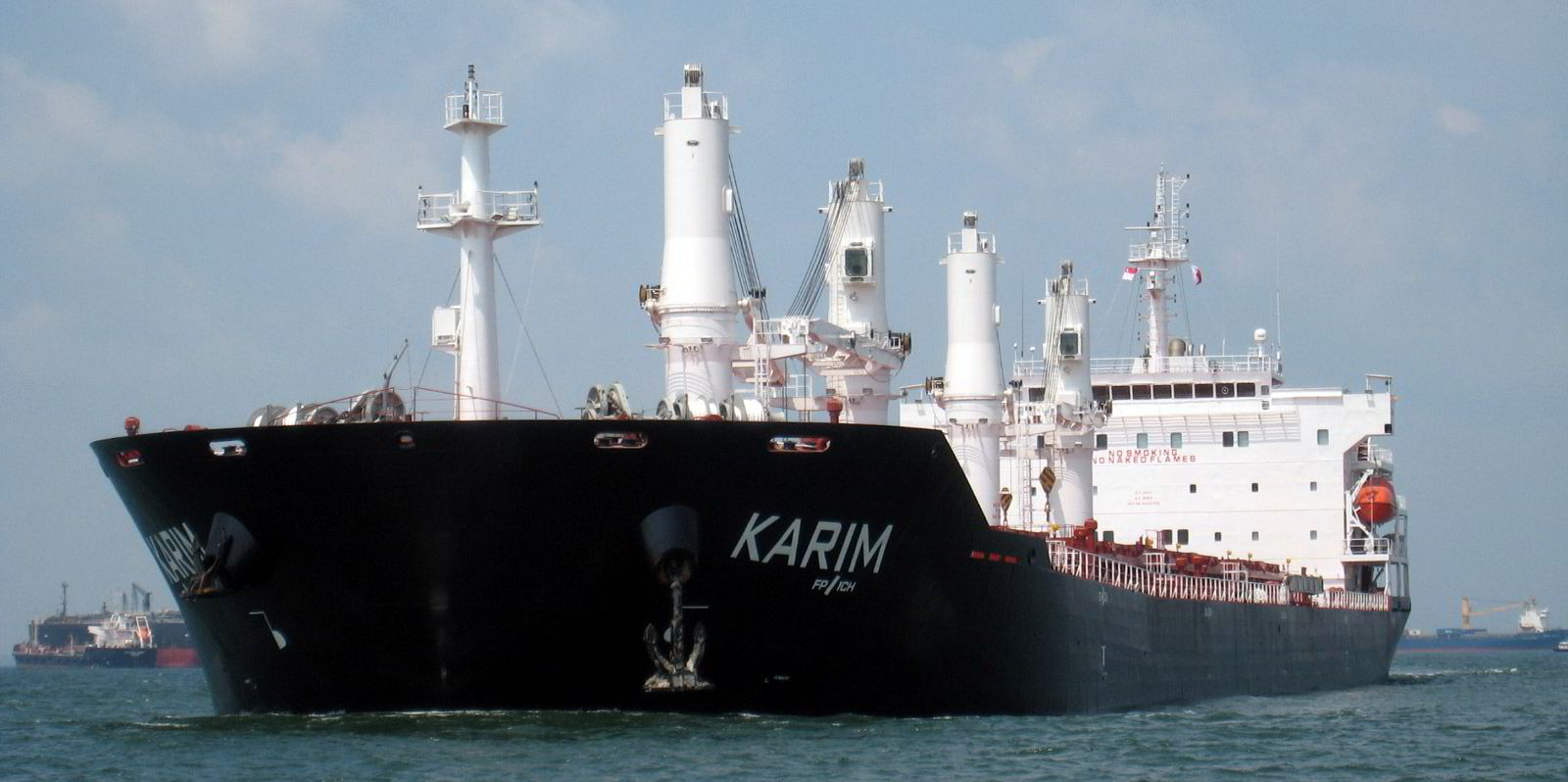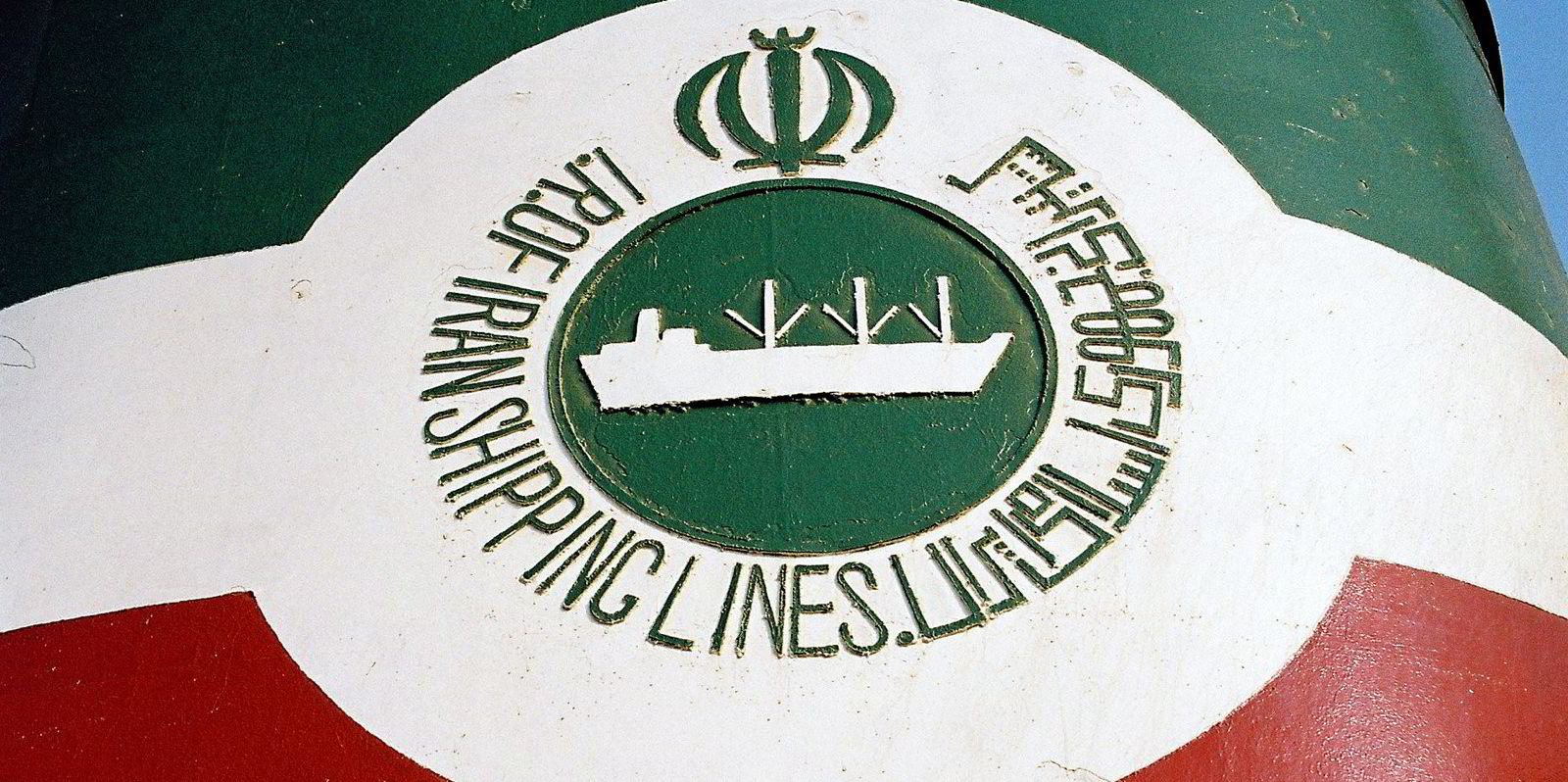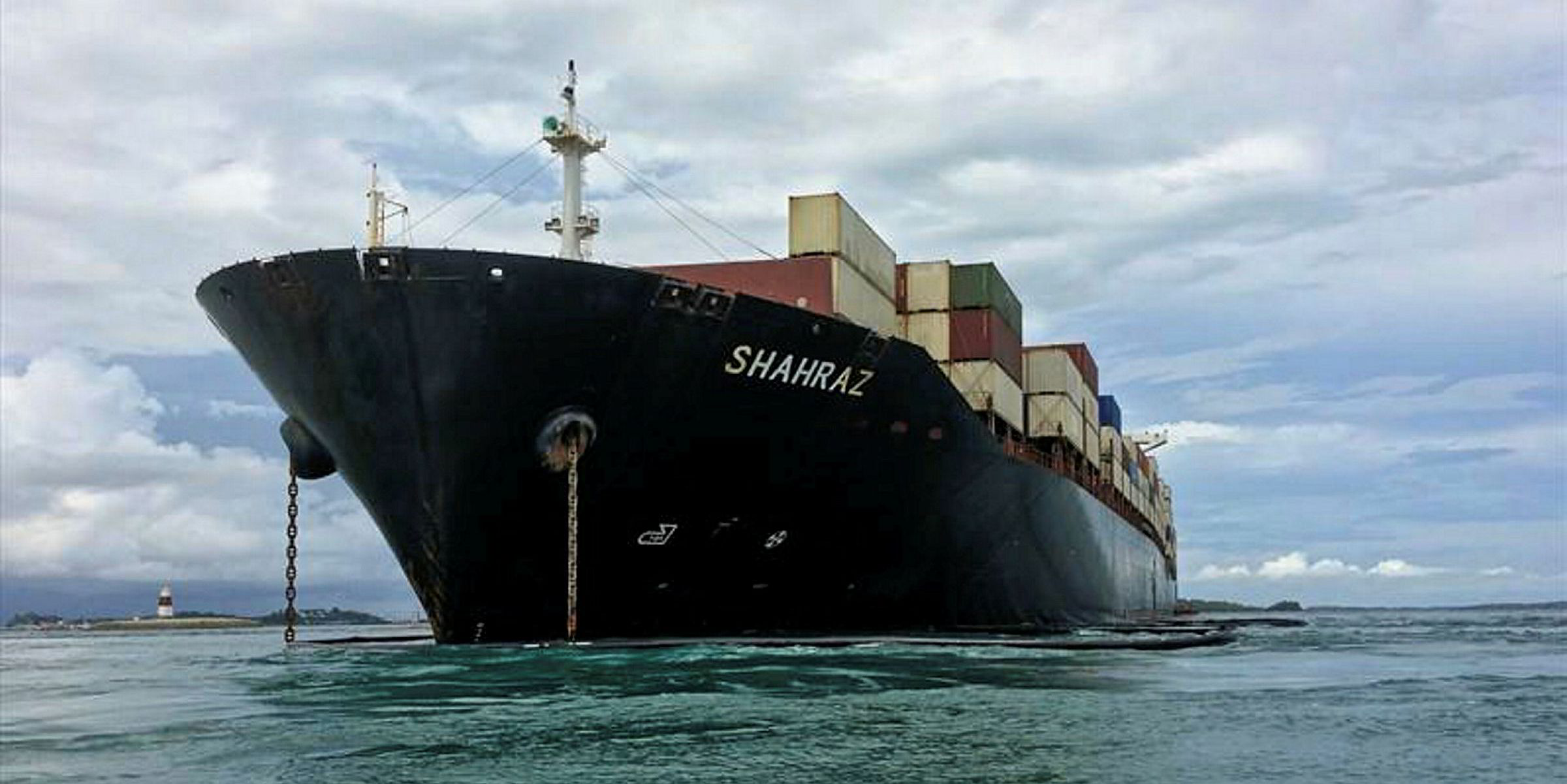The head of the Islamic Republic of Iran Shipping Lines (IRISL) has raised the question of how the Iranian commercial fleet will be able to continue trading as sanctions preclude the country’s shipowners from investing in new ships and technologies.
Mohammadreza Modares Khiabani, chief executive of IRISL, told local media on Sunday that there was an urgent need to develop the country’s maritime sector.
“If the development of the maritime sector is not pursued, in the next 10 years 70% of the country’s international fleet will not be able to travel in the developed ports of the world,” he was quoted as saying by the Tehran Times.
Many years of sanctions imposed first by the United Nations, and more recently by the US, have prevented Iranian shipowners from ordering new ships at foreign yards. As their fleets continue to age, fleet renewal is all but impossible.
IRISL and NITC Tankers, Iran’s two largest shipowners, have an urgent need to acquire new ships.
VesselsValue data indicates that the average age of both the IRISL and the NITC tanker fleet stands at around 18 years.
With no signs of any let-up on US sanctions, this age profile will continue to worsen in the forthcoming years. This will make it very difficult for these companies to trade their ships in international markets, at least with top-class charterers, when US sanctions are finally lifted.
Sanctions also impede Iranian shipowners from participating in the global shipping industry’s race towards decarbonisation ahead of impending International Maritime Organization deadlines.
Green technology developers and ESG consultants, weary of facing the wrath of the US Treasury department, do not sell their products and services to Iranian shipowners.
The difficulty Iranian shipowners face was highlighted in May 2020 when IRISL’s 6,572-teu container ship Shahraz (built 2008) ran aground off an Indonesian island in the Singapore Strait.
Although sizeable salvage resources were available in nearby Singapore, IRISL was unable to avail itself of their services. Salvage operators in the city feared that accepting a contract from a sanctioned shipowner would potentially land them in trouble with the US government, and were also concerned about potential sanctions-related payment problems.
The Shahraz was refloated 10 months later, after Indonesian authorities declared the stranded ship a hazard to navigation and ordered local contractors to salvage it.
Therefore, when Iranian shipowners are finally allowed to come in from the cold, they will have to carry out expensive green retrofits at a rapid pace, although doing so would be commercially questionable given the age of the ships.
Despite the challenges it faces renewing its fleets, IRISL has consistently claimed that it has been doing very well under sanctions from a profit standpoint.
With most foreign ships shunning calls at Iranian ports, the company’s vessels carry the lion’s share of the imports and exports of a nation with a population of 87.9m people.
Khiabani told Iranian media in September that IRISL handled unprecedented cargo volumes over the past two years, during which time it launched regular shipping services to Venezuela, Syria and Africa.





